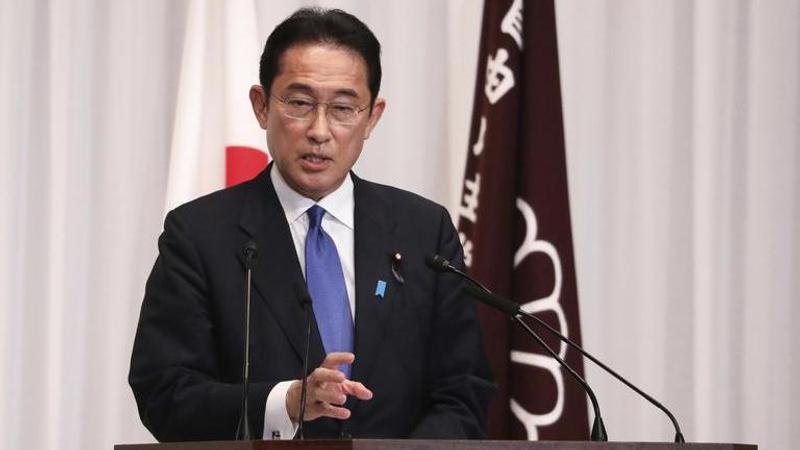Published 00:05 IST, December 17th 2022
US hails Japan's new security policy as 'bold and historic' amid backlash from China
United States NSA Jake Sullivan applauded Japan's new national defence strategy on Friday after the east Asian country approved a new national security strategy

The US White House on Friday hailed Japan’s major shift in its post-war defence policy, calling it a “bold and historic” step. “Japan has taken a bold and historic step to strengthen and defend the free and open Indo-Pacific with the adoption of its new National Security Strategy, National Defense Strategy and Defence Build-Up Program,” said US National Security Advisor Jake Sullivan in a statement released by the White House.
The move sets up Japan on the defence forefront commencing 2023 as they are due to take a seat on the United Nations Security Council as well as host the Group of Seven (G7) summit in 2023.
As the United States considers Japan a significant ally in the east, especially with its close proximity to China, it came as welcome news to US diplomacy in the South China Sea. In a major shift in its post-war security policy under the nation's pacifist Constitution, the Japanese government decided Friday to acquire the capability to strike enemy bases and set a target of doubling its annual defence budget to 2 percent of its gross domestic product in fiscal 2027.
"We congratulate Prime Minister (Fumio) Kishida and the people of Japan on their historic new National Security Strategy, which will help us and our partners achieve lasting peace, stability and prosperity," said Sullivan in the statement.
What is the major defence policy shift of Japan?
Japan decided to acquire the capability to strike enemy bases and double defence spending in a dramatic shift in its post-war security policy under the nation's war-renouncing Constitution, provoking a harsh backlash from China, reported Kyodo news.
With the security environment surrounding Japan becoming unstable amid threats from China, North Korea and Russia, Tokyo, which has rejected warfare for the past 77 years, will be able to directly attack another country's territory in case of an emergency. Obtaining the ability to deter attacks from outside forces, called a "counter strike capability," was stipulated in the government's three key defence documents, including the National Security Strategy, updated by Prime Minister Fumio Kishida's Cabinet.
Critics noted that the Constitution only allows Japan to act in self-defence, but the NSS said the nation needs to have the ability to "make effective counterstrikes in an opponent's territory as a bare minimum self-defence measure."
The NSS mentioned that Japan is facing the "most severe and complicated security environment" since World War II, while the government has pledged to stick to its commitment to the "exclusively self-defence-oriented policy" and "not to become a military power."
In their first revision since 2013, the long-term security policy guidelines said that missile defence alone is insufficient to deal with the "significant reinforcement of missile forces" by Japan's neighbouring countries, which have opposed its renewed defence policy.
Updated 00:05 IST, December 17th 2022




